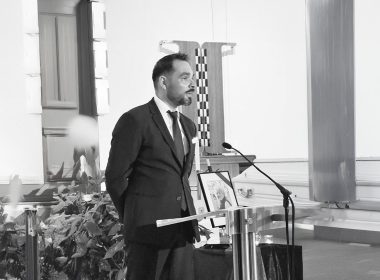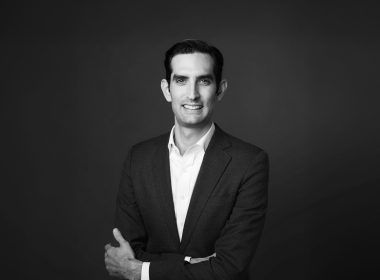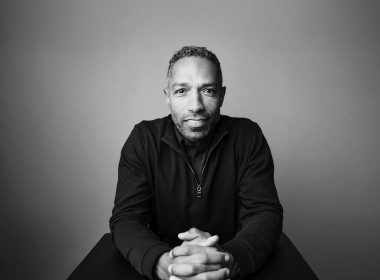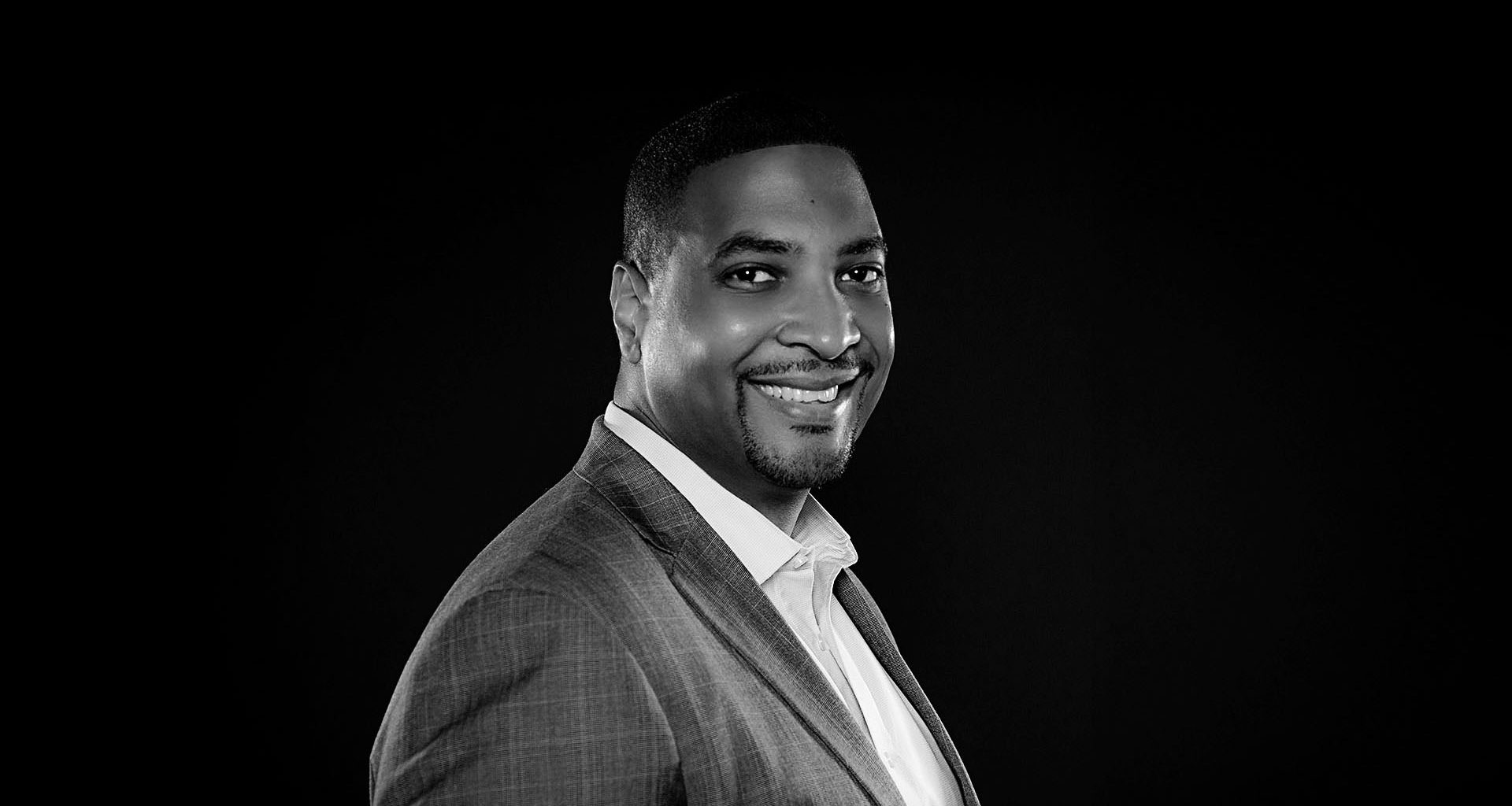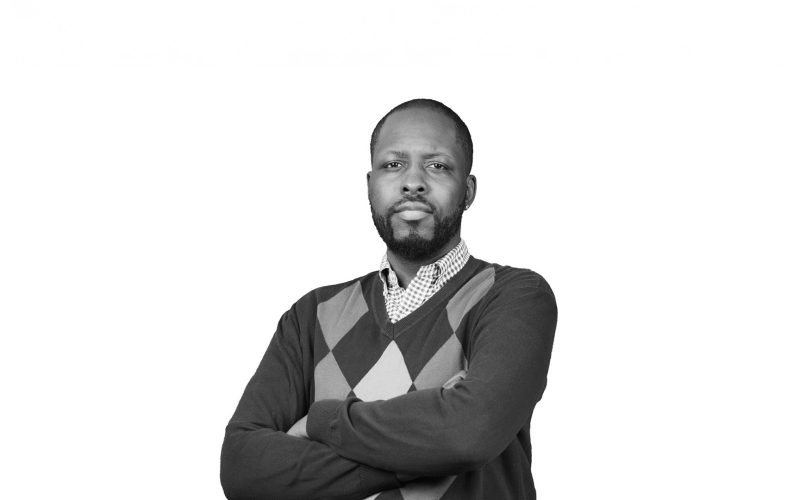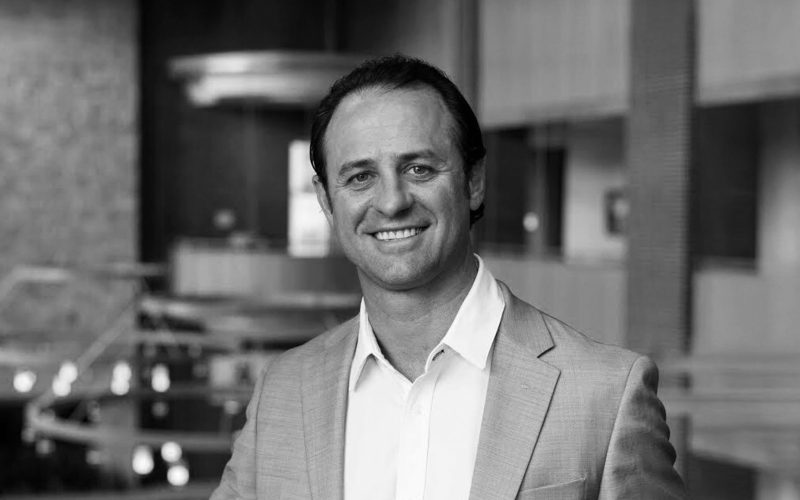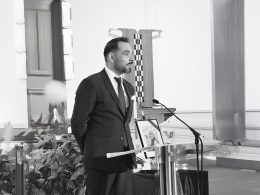People often discover what they are made of when pressure rises, and leaders are no different. “You don’t test a bridge on a bright sunny day. You test it during the storm,” says J Israel Greene, Chief Strategy Officer at Mosaic Worx. Greene, a Certified Diversity Executive and cultural architect with more than a decade of experience supporting Fortune 500 companies, government agencies, and nonprofits, helps leaders strengthen their cultures so they can withstand whatever challenges emerge.
For him, the foundation of this work is courageous leadership, a practice grounded in vulnerability, discomfort, and shared growth. His work is guided by the belief that inclusion is a daily behavior, not a policy, and a courageous culture is what keeps it thriving.
Redefining What Leadership Strength Looks Like
Many leaders enter their roles believing that strength means certainty, decisiveness, or charisma. Greene challenges that assumption. “Courageous leadership is about vulnerability, empathy, and consistency,” he says. To him, strength is the courage to admit limitations and the humility to ask, “How can I do better?” Greene has seen how leaders who model authenticity give their teams permission to do the same. When individuals can show up as themselves, the organization benefits from deeper trust, clearer communication, and more innovative thinking. In Greene’s view, courageous leadership is not an individual performance. It is a collective movement sparked by leaders willing to show up with honesty.
Embracing the Discomfort Required for Growth
“Growth and comfort rarely coexist,” Greene says. It’s a reminder that many organizations resist the very conversations that fuel progress. He emphasizes that discussions around equity, identity, and feedback are not distractions from work. “They are the work.” Mosaic Worx has built its reputation on helping leaders and teams stay in these challenging conversations long enough to uncover meaningful insights. Greene’s Culture Catalyst framework equips organizations to move beyond surface-level DEI efforts and toward deeper cultural change. While people often avoid discomfort, the most inclusive cultures intentionally create space for it, understanding that the tension of honest dialogue is what leads to long-term resilience.
From Heroic Leadership to Empowered Leadership
Courageous leadership is not to be mistaken with heroics. “It isn’t about saving the day,” he says. “It’s about creating space where others can thrive and potential is unlocked.” This shift from hero to facilitator embraces the idea that power shared is not power lost. Greene has observed that inclusive leaders do not lead from above. They lift as they climb, building trust not through authority but through consistency. Their commitment to shared success strengthens both culture and performance. This philosophy is especially vital during times when teams feel disconnected, overwhelmed by change, or unsure of how to navigate resistance.
Courage as a Cultural Imperative
Courageous leadership is designed, built, and tested over time. At Mosaic Worx, Greene encourages leaders to move from reactive to proactive, shaping cultures where people feel mentally and emotionally safe enough to contribute fully. The result is a model that helps early stage companies as well as global enterprises turn resistance into resilience and establish inclusive environments capable of weathering both organizational and societal shifts.
When leaders embrace this fully, the impact resonates across teams and shapes the culture in lasting ways. When leaders model openness, teams reciprocate; when they invite discomfort, teams build resilience; and when they share power, teams innovate. The compounding effect is a workplace where trust becomes the norm rather than the exception. Courage may be difficult, but it is also deeply transformative. “The best cultures don’t avoid discomfort. They create the space for it.”
Follow J Israel Greene on LinkedIn or learn more through his company’s website.


